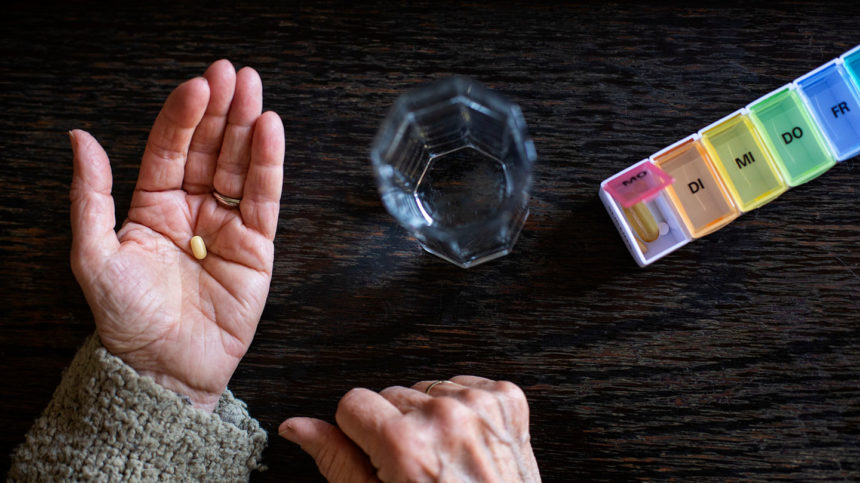
A recent study found that using probiotics and antibiotics for Clostridioides difficile is safe and effective. The study was published in JAC-Antimicrobial Resistance on Sept. 6.
People living in nursing communities are prone to healthcare-acquired infections. Reducing the infections not only prevents cases and lowers costs. It can help nursing homes receive other financial incentives through Medicare such as the Hospital-Acquired Condition Reduction Program.
That’s why researchers looked at an analysis of people with C. difficile from 2009 to 2021 at a single nursing home in the San Diego area. During the course of the study, there were 53 people with C. difficile and 19 people who had recurrences of the infection. Everyone on antibiotics was eligible to take probiotics either orally or through feeding tubes. The policy changed over three different phases that spanned the study period. The probiotic type and dosage wasn’t standardized in the first phase. By phase three, however, probiotics were given with antibiotics and continued for seven days after the last antibiotic dose.
When they moved to an automated ordering standard for probiotics in phase three, more people complied with taking the probiotics. In fact, there weren’t any people eligible to take probiotics who didn’t take them from 2017 until 2021. During three of those five years, there weren’t any people in the nursing home with C. difficile.
Researchers calculated the cost of C. difficile prevention, treatment and related care. Then they compared that cost to each phase of a probiotic policy change and feeding type. Though the yearly cost of oral probiotics rose from $6,019 to $14,652 during the study period, annual savings for the entire facility increased from $72,544 to $154,085.
The researchers say giving probiotics with antibiotics is safe and beneficial for people with C. difficile infections. Using a combination of probiotics that’s based on evidence with a policy that promotes compliance lowered costs and reduced the need for hospitalizations in people eligible to take probiotics.
While this study uncovered the benefits of taking probiotics, another recent review of multiple studies concluded there’s not enough evidence that probiotics can prevent the infection. This report came out last month in Frontiers of Science.



